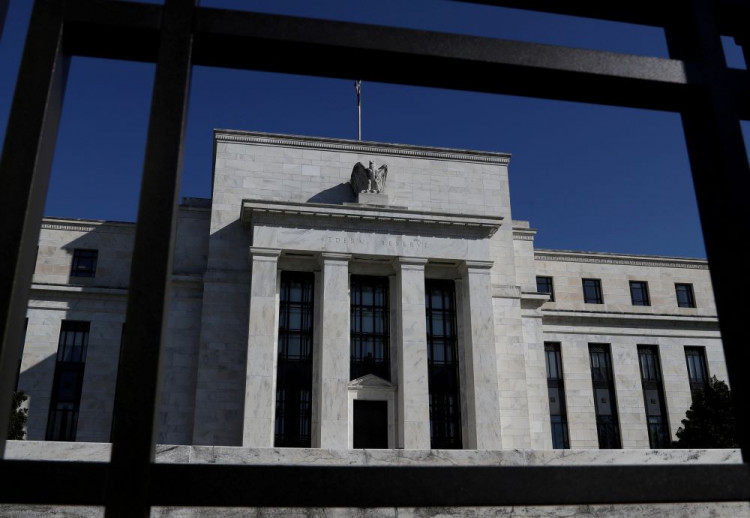Jenny Johnson, President and CEO of Franklin Templeton, one of the world's largest asset management firms overseeing more than $1.4 trillion in assets, predicted a potential reduction in the Federal Reserve's interest rates by 100 basis points next year. Johnson shared her insights at the second Abu Dhabi Finance Week's Asset Forum on November 28.
Since March 2022, the Federal Reserve has raised interest rates 11 times, accumulating a total increase of 525 basis points. Currently, the federal funds rate target range is maintained between 5.25% and 5.5%.
Johnson expressed optimism that the peak of interest rates might have been reached, suggesting that there might not be further rate hikes. However, she was uncertain about the timing of any potential rate cuts. She noted that while the core inflation data in the U.S., which excludes food and energy prices, is showing improvement, the super-core inflation data, which excludes housing costs and focuses on services, is not as favorable. This super-core inflation has been gaining attention from Federal Reserve officials, including Chairman Jerome Powell, since the end of last year, as it is considered a more accurate reflection of inflation trends.
Data released by the U.S. Department of Labor on November 14 showed that the Consumer Price Index (CPI) in October rose by 3.2% year-over-year, a slowdown from September's 3.7% increase. The core CPI increased by 4% year-over-year, slightly lower than September's 4.1%, but still significantly above the Federal Reserve's 2% inflation target.
The super-core inflation also slowed down in October. However, Citibank predicted that this indicator might strengthen in November and rebound in December.
Federal Reserve Chairman Jerome Powell has repeatedly stated that while the Fed is prepared to raise interest rates again, it would only do so if the progress in reducing inflation is less than expected.
On the same day, November 28, hawkish Federal Reserve Governor Michelle Bowman indicated her willingness to support further increases in the federal funds rate at future meetings if data shows that progress in combating inflation has stalled or is insufficient to reduce the inflation rate to 2% in a timely manner.
As of November 29, the Chicago Mercantile Exchange's FedWatch Tool indicated a 97.1% probability that the Federal Reserve would maintain the interest rate in the 5.25%-5.50% range in December, with a 2.9% chance of a 25 basis point increase.
The pause in Federal Reserve rate hikes has led to a decline in U.S. Treasury yields to below 5%.
Johnson also highlighted concerns regarding the U.S. national debt, which has risen from $9 trillion in 2007 to $31 trillion this year, with this year's $2 trillion budget deficit expected to add to the debt. She believes that the U.S. needs to maintain higher interest rates to attract funding, a factor that warrants attention.






